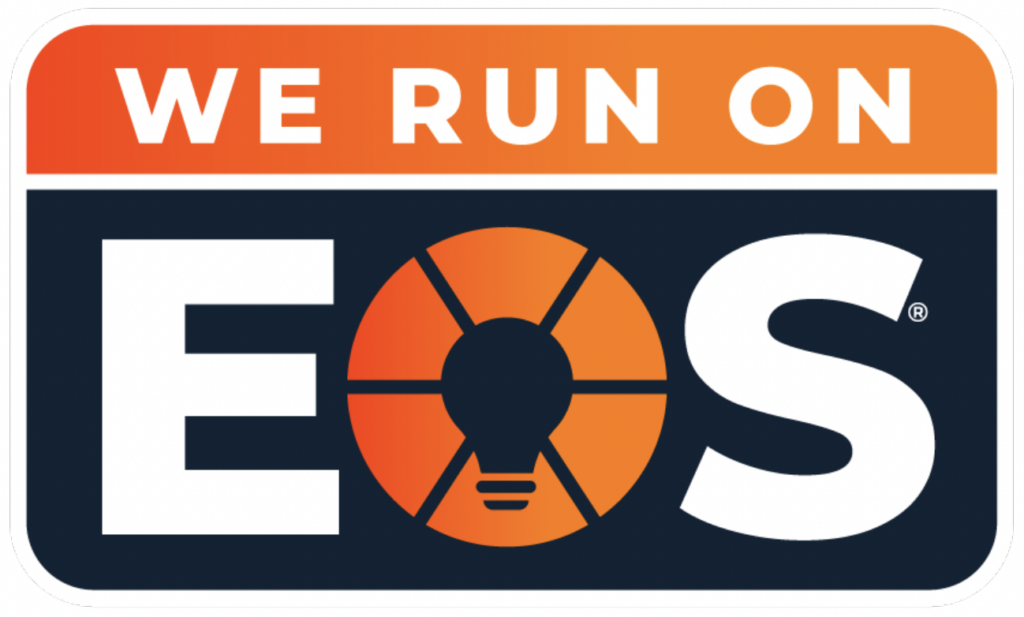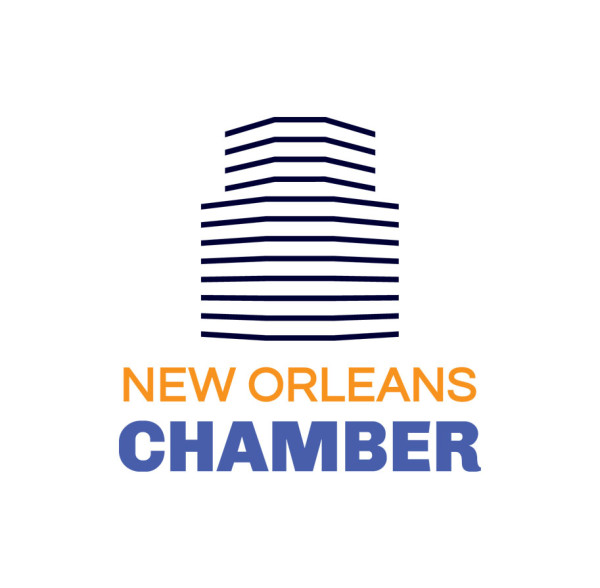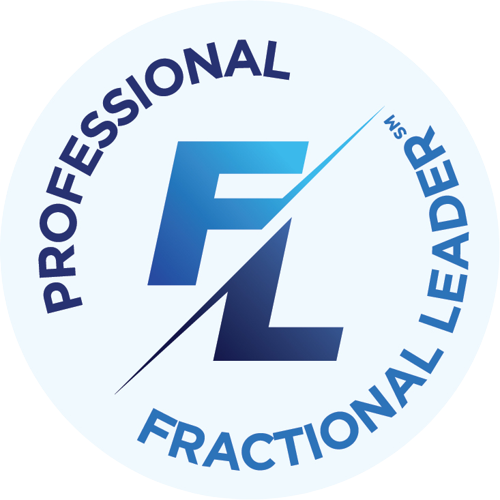Growth is exciting, but it creates its own set of problems. At some point, an entrepreneur looks around and realizes that everything can’t run through him or her anymore. In addition to growing revenue – in fact, in order to grow revenue – he or she needs to build an organization. Unfortunately, organization-building requires an entirely different set of experiences and skills than building a product. So, it’s time to hire a COO. Or should it be a CFO? CIO? Our position is that it should be none of the above, and that instead the firm can build its organization by partnering with an outside firm for a fraction of the cost until C-level employees are truly needed.
The Economic Driver of Founders Syndrome
Founders Syndrome is the term for organizations in which the founder maintains outsized decision-making authority and becomes a bottleneck for productivity. At its worst, it hinders the growth of the organization and poisons the culture.
But this condition is a nearly unavoidable phase of growth, because it is underpinned by an economic reality: getting the help needed to overcome it – the ability to trust organization decisions to someone else – typically requires a six figure investment in a leader who can apply prior experience to the current environment. In other words, taking the major step of hiring in a C-level person. That makes the issue much more about a founder’s belief in an affordable solution, rather than a denial that the issues exist. In other words, it’s a challenge to be met, not a deficiency of the leader.
The Way Out
Most firms respond to this by eventually pulling the trigger on a full-time CFO or COO, then asking that first non-founding executive to play a role much broader than his or her title. Until a certain point, the expertise around organization and decision-making is only required for a fraction of the job, while the rest is about execution. That typically leaves the organization overstaffed in one vertical (e.g., a full-time finance leader) and understaffed in others that also require leadership.
Bringing on full-time talent to handle everything in finance, operations, technology is expensive and unnecessary. As the firm grows, the expertise fills more and more of the executive’s plate, and full-time hiring makes more sense. Until then, it makes sense to use someone who can give a few hours of time a week to the organization, while giving the rest of their time to other organizations. Simply put, a professional service.
Firms can make the most of such an arrangement by hiring an analyst-level person to take direction from the outside partners and handle day-to-day activities. First, that helps the firm strike the right balance between harvesting the expertise and experience of an outside partner, and handling execution of tasks with lower cost staff who can be fully utilized. Secondly, that helps the firm build its institutional knowledge, protecting it from becoming so dependent on their partner that they simply can’t leave. Finally, armed with the mentorship of an experienced outside partner, that analyst may be right for a leadership role when the time is right to bring that role in-house.
Why Today and Not Before
The professional services model has historically made sense in areas like accounting and legal services because they’re so critical both in terms of expertise and risk management. Not paying taxes properly can lead to substantial pain, and what smaller organization carries tax expertise on full-time staff? Yet, the guidance of a CPA is required continuously to ensure proper treatment of transactions.
The question of how an organization will build and use its information assets has reached that threshold of criticality and risk in today’s world, thanks to the advent of cloud-based productivity. There is now an unbreakable link between human assets and digital assets, and organizations need to be strategic and intentional about how they work together. Consider the pieces that are now interrelated:
· Choosing which software product to use for which processes, to ensure staff buy-in
· Determining how to harvest data, to automate repetitive tasks and allow staff to use their brains
· Deciding the firm’s critical metrics to ensure healthy growth and investor communication
· Helping people decide what to do today, this week, and this quarter to drive healthy growth
· Evaluating team performance
In sum, treating these decisions like the hybrid human-digital decisions that they are will create an organization that works, and works efficiently. These are not IT issues: they’re business issues. And they must be addressed at an early stage if a firm wants to scale efficiently under a desired cultural framework.
Concluding Thoughts
While addressing information management and organization building has become critical from an earlier stage, there are now tools to do so at a fraction of the cost of a full-time hire (or hires). Through a professional services model – sometimes even on a fixed fee basis – firms can gain the expertise that they need to relieve their founders of the burden of organization building, allowing them to focus on their passion: building and expanding the firm’s products and services.





